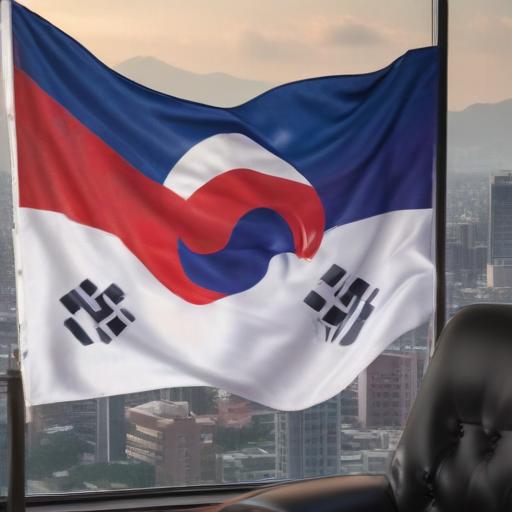The South Korean national football team, led by coach Hong Myung-bo, is embarking on a fresh campaign in the East Asian Football Championship, aiming to achieve two main goals: discovering new talent and reclaiming the championship title. Their journey begins with a match against China on the evening of the 7th at Yongin Mir Stadium, followed by games against Hong Kong on the 11th and Japan on the 15th. The outcomes of these three matches will determine their rankings.
Due to the nature of the EAFF tournament, which does not fall within FIFA’s designated international match days, it is challenging to include players from European and Middle Eastern leagues. As a result, the team is primarily composed of domestic players and those from the J-League. This tournament is particularly significant as it serves as the first official competition before the 2026 FIFA World Cup, which will take place next summer in North America.
One key focus is the defense, especially in the absence of star defender Kim Min-jae, who is sidelined by a long-term injury. Finding a suitable replacement is critical for the team’s success. Coach Hong emphasized the importance of evaluating the current defensive options, such as Kwon Kyung-won, Kim Joo-sung, and Jo Yu-min, as they prepare for the future.
In addition, competition among forwards is intensifying, with emerging player Lee Ho-jae making a name for himself among established teammates like Oh Hyun-kyu, Oh Se-hun, and Joo Min-kyu. Standing at 193 cm, Lee has recorded 8 goals and 1 assist in 20 K League matches this season, ranking third among domestic players in scoring.
Another player to watch is midfielder Kang Sang-yoon from Jeonbuk, who showcases exceptional work rate, the ability to evade pressure, and versatility in playing multiple positions. This tournament provides him an opportunity to establish his presence before competing against overseas players like Hwang In-beom and Park Yong-woo.
Veteran goalkeeper Jo Hyun-woo will captain the team, expressing a strong desire to secure victory, while vice-captain Park Jin-seop vowed to achieve a perfect record in the group stage. With their leadership, newcomers will face a competitive environment as they aim to make their mark.
South Korea is the most successful nation in the East Asian Cup, with five titles, but following a disappointing runner-up finish in the 2022 Yokohama tournament against Japan, the team seeks to restore its pride on home soil, avoiding a repeat of past mishaps.
China, on the other hand, is under the interim guidance of Dejan Jurić after the recent dismissal of coach Branko Ivanković. With an emphasis on youth, they are integrating players born in the 2000s to cultivate a new generation of talent.
For South Korea, this serves as a stepping stone to build momentum, while China looks to lay the groundwork for their team’s rebuild. Coach Hong is committed to striving for the best outcomes in what he identifies as a crucial competition for both the present and the future of the team.
